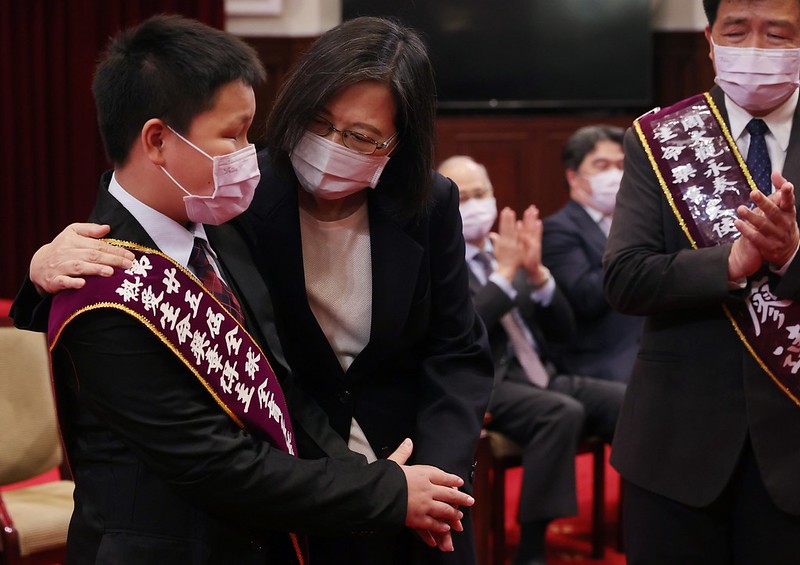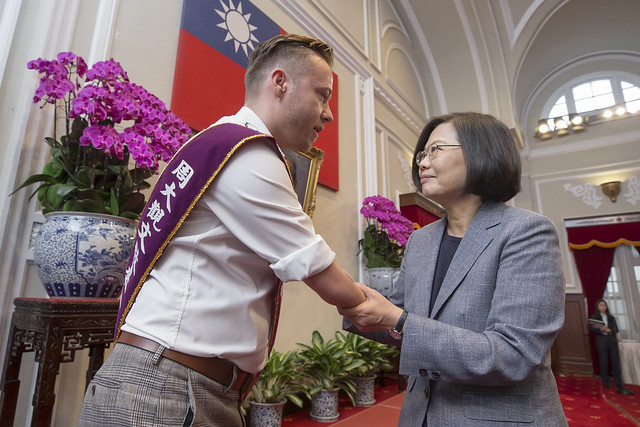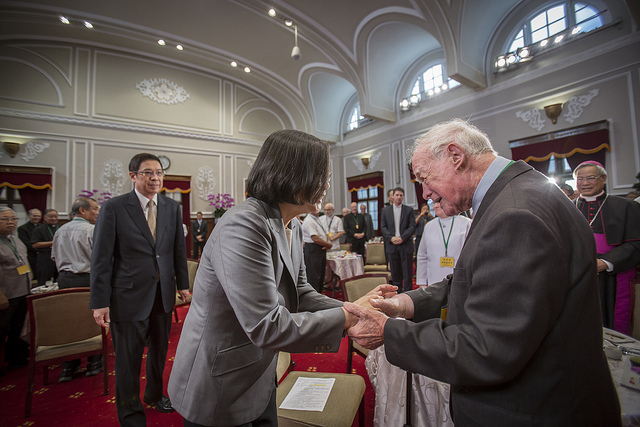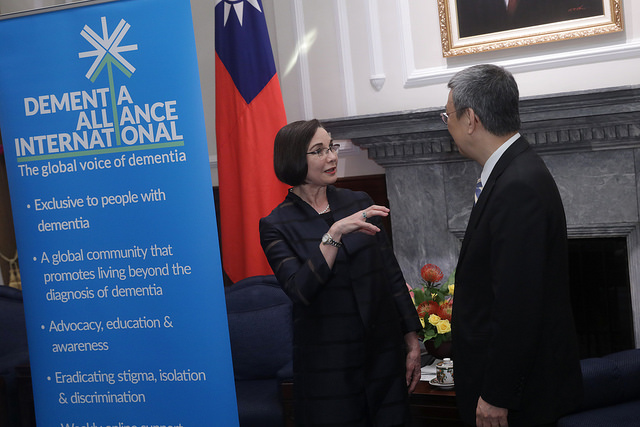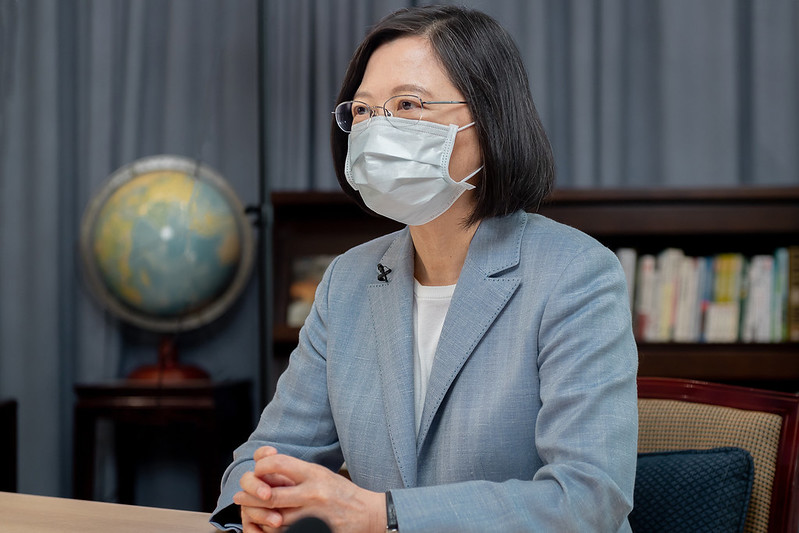News & activities
 News releases
News releases
On the morning of August 11, President Tsai Ing-wen addressed the opening of the 2021 Asian Conference of Women's Shelters via video. In her remarks, President Tsai said that by expanding access to affordable, high-quality housing, we can reduce the burden on victims of abuse and disadvantaged groups, empowering them to start new lives while taking steps to bring about residential justice. The president also expressed hope that the discussions and experience-sharing at this conference will make a difference in our ongoing work to protect women's and children's rights.
A transcript of President Tsai's remarks follows:
It is an honor to join you at this virtual conference. First and foremost, I want to thank each of you for all you have done during this pandemic to protect women's and children's rights.
Since its founding, the Global Network of Women's Shelters has been devoted to ending violence against women and children worldwide.
Within this global organization, the Asian Network of Women's Shelters and its partners have been working across the region to bring attention to the issue of violence against women and children. At the same time, they are also addressing the crucial need for shelters and social housing for those affected.
To support women leaving or ending violent relationships, we need these stable external support systems that empower women and give them opportunities to grow.
In Taiwan, the Garden of Hope Foundation has done a great deal of important work in this field. Before, shelters in Taiwan mainly offered only emergency, short term stays. But to help women adjust to normal life, it was necessary to let shelters serve other functions throughout the support process.
By offering professional training as well as legal and economic aid, the Garden of Hope is providing the resources needed to help women take charge of their lives.
In terms of social housing, by expanding access to affordable, good-quality homes, we can reduce the burden on disadvantaged groups and empower them to start new lives. This is how we bring about residential justice.
With experts from all over Asia sharing their insights, today's conference is sure to be a valuable learning experience for everyone in attendance. I am confident that this forum will spur conversations on these important issues, and will provide inspiration for how we think about future policy.
I want to thank each of you for your hard work, and I hope that in the near future, we can overcome the challenges of the pandemic and welcome all of you to Taiwan. Thank you.
